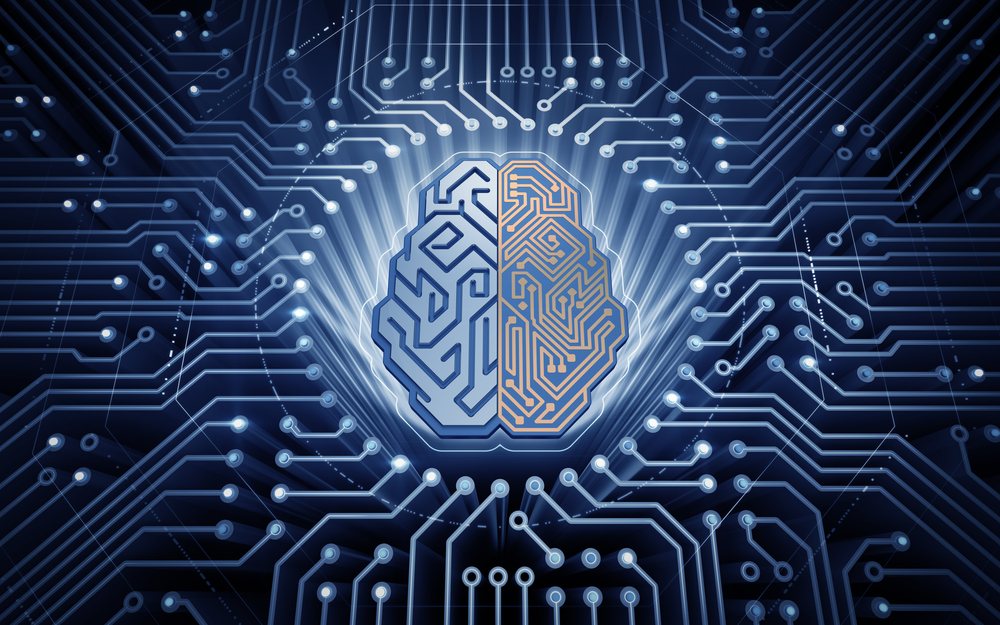Google DeepMind uses AI tech to predict protein shapes
It's one of the most accurate and fastest ways of determining very complex 3D shapes


The latest scientific application of Google's DeepMind AI project is identifying and predicting the complexity of proteins via its AlphaFold discovery programme.
In doing so, the reasons some of the most widespread genetic illnesses exist could potentially be uncovered.
DeepMind has brought together some of the most advanced thinkers in structural biology, physics, and machine learning to predict 3D shapes in proteins, based on its genetic sequence.
AlphaFold has been running for more than two years and the team behind the project thinks it's the most accurate way of predicting the 3D shape of a protein yet. This means it could potentially uncover faults in DNA that causes conditions such as Alzheimer's, Parkinson's, Huntington's and cystic fibrosis.
"The challenge is that DNA only contains information about the sequence of a protein's building blocks called amino acid residues, which form long chains," the DeepMind Project team said in a blog post.
"Predicting how those chains will fold into the intricate 3D structure of a protein is what's known as the "protein folding problem. The bigger the protein, the more complicated and difficult it is to model because there are more interactions between amino acids to take into account."
According to researchers, it would take longer than the age of the universe to work out every possible configuration of proteins before working out the 3D structure. But AlphaMind's advanced intelligence and modelling system could get to the bottom of the complexities.
Get the ITPro daily newsletter
Sign up today and you will receive a free copy of our Future Focus 2025 report - the leading guidance on AI, cybersecurity and other IT challenges as per 700+ senior executives
Using neural networks, the AlphaFold project has managed to determine the distances between pairs of amino acids and the angles between chemical bonds that connect those amino acids. These are then matched with structures that are already known. The next stage was training a neural network to invent new fragments, which could improve the accuracy of the model.
"The success of our first foray into protein folding is indicative of how machine learning systems can integrate diverse sources of information to help scientists come up with creative solutions to complex problems at speed,"
"Just as we've seen how AI can help people master complex games through systems like AlphaGo and AlphaZero, we similarly hope that one day, AI breakthroughs will help us master fundamental scientific problems, too."

Clare is the founder of Blue Cactus Digital, a digital marketing company that helps ethical and sustainability-focused businesses grow their customer base.
Prior to becoming a marketer, Clare was a journalist, working at a range of mobile device-focused outlets including Know Your Mobile before moving into freelance life.
As a freelance writer, she drew on her expertise in mobility to write features and guides for ITPro, as well as regularly writing news stories on a wide range of topics.
-
 Cleo attack victim list grows as Hertz confirms customer data stolen
Cleo attack victim list grows as Hertz confirms customer data stolenNews Hertz has confirmed it suffered a data breach as a result of the Cleo zero-day vulnerability in late 2024, with the car rental giant warning that customer data was stolen.
By Ross Kelly
-
 Lateral moves in tech: Why leaders should support employee mobility
Lateral moves in tech: Why leaders should support employee mobilityIn-depth Encouraging staff to switch roles can have long-term benefits for skills in the tech sector
By Keri Allan